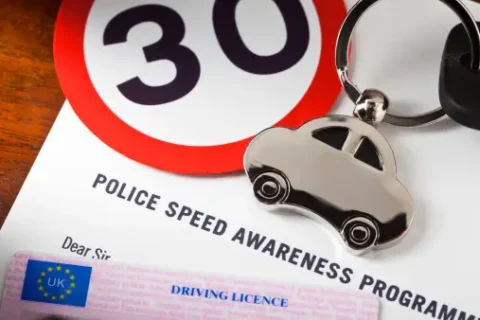Discrimination is more than just an unpleasant experience—it can shape the trajectory of your life in ways you might not realize. Whether it manifests at work, in education, or within social settings, it often creates invisible barriers that limit opportunities, erode confidence, and strain relationships. These obstacles can hinder personal growth and prevent individuals from reaching their full potential.
In this post, we’ll explore four critical ways discrimination can impact your life, shedding light on its ripple effects. By understanding these challenges, we can take steps to dismantle prejudice and foster an inclusive environment for everyone. Let’s dive in.
Career Limitations and Missed Opportunities
Discrimination in the workplace can significantly impact an individual’s ability to secure fair treatment in areas like promotions, pay, and access to benefits. This is especially true when discrimination interferes with legally protected rights, such as family or medical leave.
You can contact a legal professional to understand your rights and take action against unfair practices, ensuring your workplace rights are protected and upheld. For instance, a New York FMLA Attorney can help you if your employer denies you leave or retaliates against you for exercising your rights under the Family and Medical Leave Act. Legal expertise ensures that you can navigate such challenges confidently.
Educational Inequality and Access Denial
Educational institutions, meant to be spaces of learning and opportunity, can perpetuate discriminatory practices. Biases in admissions, underfunded schools in marginalized communities, and unequal access to resources hinder academic achievement. Students facing discrimination may feel isolated or undervalued, leading to disengagement or lower performance.
These barriers can close the door to higher education and fulfilling careers. Advocacy for equitable education policies and culturally sensitive teaching can combat these issues, ensuring that all students, regardless of background, have an equal chance to succeed.
Social Exclusion and Emotional Toll
Discrimination can make people feel unwelcome in social and community settings, leading to isolation and a diminished sense of belonging. This exclusion often results in emotional distress, including anxiety, depression, and a loss of confidence. Over time, these effects can hinder personal relationships and social mobility.
Addressing these barriers requires fostering inclusive communities that celebrate diversity. Building empathy and understanding across different groups can help create environments where everyone feels valued and supported, reducing the emotional toll of discrimination.
Health Disparities and Access Challenges
Discrimination often extends to healthcare, where biases can affect treatment quality and access to necessary services. Marginalized groups may face stereotyping or receive inadequate care, resulting in poorer health outcomes. Language barriers, lack of cultural competence among providers, and systemic inequities exacerbate these challenges.
Addressing this requires policy changes, better provider training, and patient advocacy. Ensuring access to fair and quality healthcare is vital to breaking down these barriers and promoting overall well-being.
Discrimination creates significant barriers that can hinder personal and professional growth, limit opportunities, and affect overall well-being. By understanding its impacts, we can identify and address these challenges, fostering a more equitable and inclusive society. Whether it’s seeking legal support, advocating for policy changes, or promoting empathy, every step toward breaking down these barriers makes a difference. Together, we can create environments where everyone has the chance to thrive.

Daniel J. Morgan is the founder of Invidiata Magazine, a premier publication showcasing luxury living, arts, and culture. With a passion for excellence, Daniel has established the magazine as a beacon of sophistication and refinement, captivating discerning audiences worldwide.





